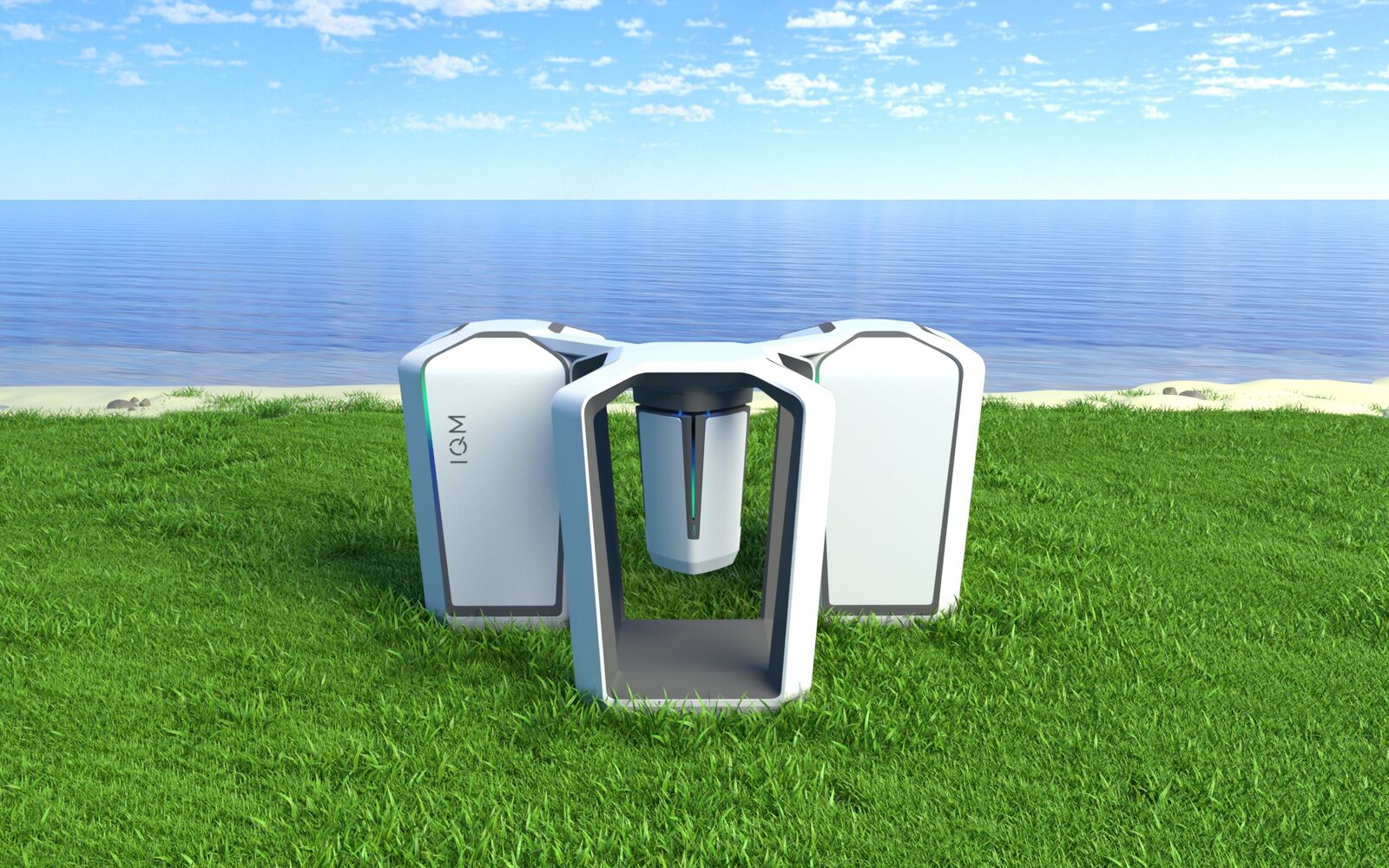Espoo-based quantum computing startup IQM has secured $320 million in a new funding round. This significant investment, led by U.S. venture firm Ten Eleven Ventures and supported by Finnish investor Tesi, pushes the company into unicorn territory — a valuation of $1 billion or more.
Founded in 2018, IQM develops quantum computers based on quantum bits, or qubits, which can exist as 0, 1, or a combination of both. This enables machines to handle exponentially larger data sets than classical computers.
Major Investment Signals Rising Investor Confidence in Quantum Technology
The funding round comes at a time of heightened investor enthusiasm around quantum computing. Publicly traded companies like IonQ and D-Wave Quantum have seen extraordinary gains in the past year. IonQ’s shares climbed by 480%, while D-Wave surged over 1,400%.
IQM's co-CEO and co-founder Jan Goetz stated,
“If you compare us directly to the companies which are Nasdaq-listed and take KPIs like people, revenue, patents, things like this, actually, we are not behind. We can actually compete on this level.”
The company now employs 350 people worldwide and has built a factory in Espoo, Finland to manufacture its quantum machines.
IQM Aims to Compete With U.S. Tech Giants Google and IBM
While U.S. firms like Google and IBM lead the quantum race, IQM is positioning itself as Europe’s answer to that dominance.
Its flagship product, Radiance, is designed for advanced use cases, while Spark offers a more affordable quantum solution for universities.
To date, IQM has sold 15 quantum systems, including to customers in Taiwan, South Korea, and more recently, the United States.
Hardware to Software: IQM’s Expanding Product Vision
IQM is now shifting from a hardware-only strategy to a broader platform play. The company will use part of its latest funding to develop a quantum software platform aimed at making the technology accessible to developers without deep expertise in quantum mechanics.
“We will do whatever is necessary to make that happen,” said Goetz, describing the company’s goal to build a sustainable and long-term business in quantum computing.
European Scale-Up Faces U.S. Market Dominance and Acquisition Risks
Despite Europe’s strong academic ecosystem, IQM’s growth highlights a broader challenge: limited access to private capital. According to EU tech chief Henna Virkkunen, only 5% of global private funding goes to Europe, compared to 50% for the U.S.
Goetz voiced concerns about high U.S. valuations driving mergers and acquisitions, pointing to IonQ’s $1.1 billion acquisition of Oxford Ionics in June.
“If you just look at what is happening in Europe in these deep tech fields which come out of universities, naturally we have quite a lot of startups… But then it’s really hard to make them grow,” he noted.
Global Sales, Unicorn Status, and Future Strategy
With its new unicorn status, IQM is focusing on expanding its commercial operations in the U.S. and Asia. While no IPO is planned for now, Goetz emphasized that the company sees “attractive routes in the private markets” for continued growth.
The startup’s long-term ambition is to build a profitable and sustainable business that can define the future of computing from a European base.
PHOTO: IQM
This article was created with AI assistance.
Read More






 Saturday, 24-01-26
Saturday, 24-01-26







